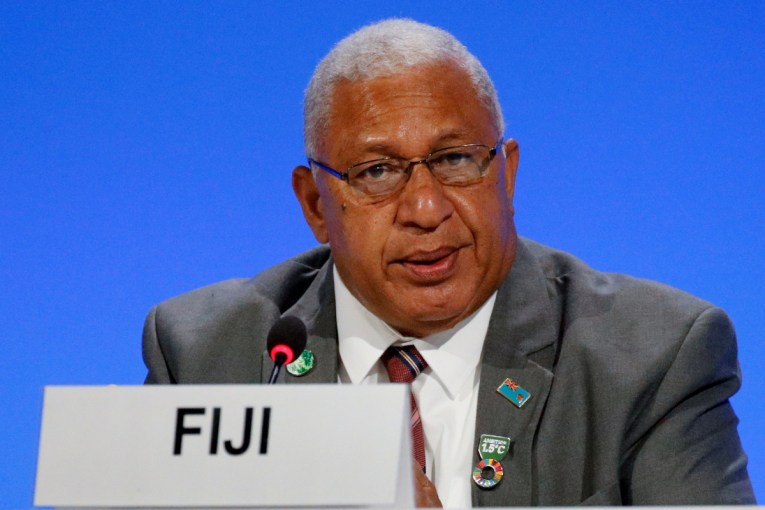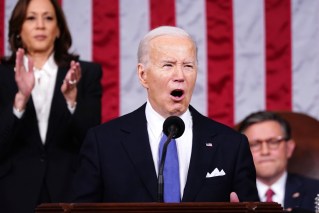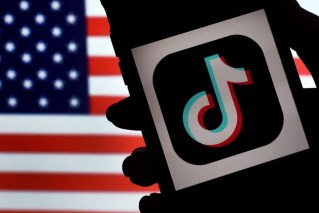US and China reach partial deal on tariffs after 15-month trade war


They remain deadlocked over the US's assertions that China steals technology and pressures foreign companies to hand over trade secrets. Photo: Unsplash
The US has agreed not to proceed with a hike in tariffs to 30 per cent on about $US250 billion ($368 billion) in Chinese goods that was supposed to have started on Tuesday.
In return, China has agreed to buy $40 billion to $50 billion ($58-$73 billion) in US farm products as the world’s two biggest economies reached a ceasefire in their 15-month trade war.
US President Donald Trump announced the trade truce after two days of talks in Washington, saying the Chinese delegation were “very tough negotiators”.
Mr Trump told reporters at the White House that the two sides are very close to ending the trade war and it will take up to five weeks to get the deal written.
He spoke after talks with Chinese Vice Premier Liu He, and posted on Twitter that there were “warmer feelings than in the past”.
“Good things are happening at China Trade Talk Meeting. Warmer feelings than in recent past, more like the Old Days,” Mr Trump said.
One of the great things about the China Deal is the fact that, for various reasons, we do not have to go through the very long and politically complex Congressional Approval Process. When the deal is fully negotiated, I sign it myself on behalf of our Country. Fast and Clean!
— Donald J. Trump (@realDonaldTrump) October 11, 2019
As details unfolded in the trade deal, the US and China have agreed to the first phase which covers agricultural purchases, currency and some aspects of intellectual property protections, averting a threatened tariff hike.
However, Mr Trump said more needed to be negotiated.
The preliminary, partial deal is the biggest step toward resolving the tariff that has roiled financial markets, disrupted manufacturing and has slowed global growth.
US Treasury Secretary Steven Mnuchin said Mr Trump had agreed not to proceed with a hike in tariffs to 30 per cent from 25 per cent on about $US250 billion in Chinese goods.
But Trade Representative Robert Lighthizer said Mr Trump had not made a decision about tariffs that were subject to go into effect on December 15.
These included an additional $160 billion in Chinese products which include a wide range of consumer goods, including clothes, toys and smartphones and would likely be felt by American shoppers.
The other issue at play is the US assertion China steals technology and pressures foreign companies to hand over trade secrets as part of its push to become the global leader in robotics, self-driving cars and other advanced technology, reported The Associated Press.
China sees its future prosperity coming from this sector, hence its reluctance to make the kind of substantive policy reforms that would satisfy the US administration.
Major US stock indexes, which were trading sharply higher on hopes of some sort of a deal, pared some of the gains after the announcement, with the S&P 500 index up about 1.4 per cent.
-with agencies








